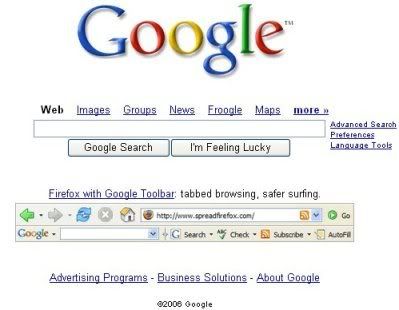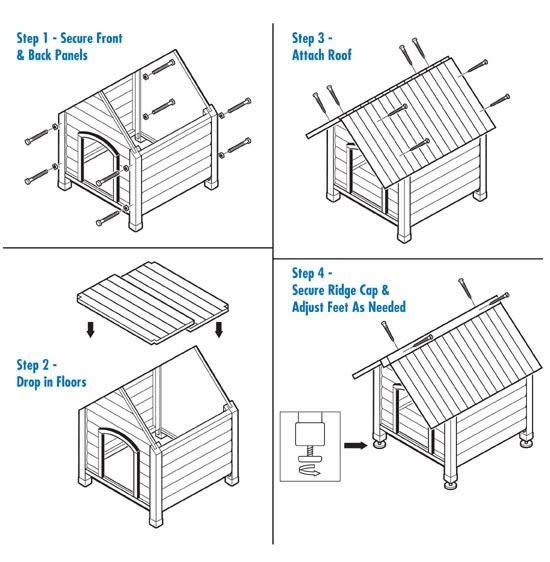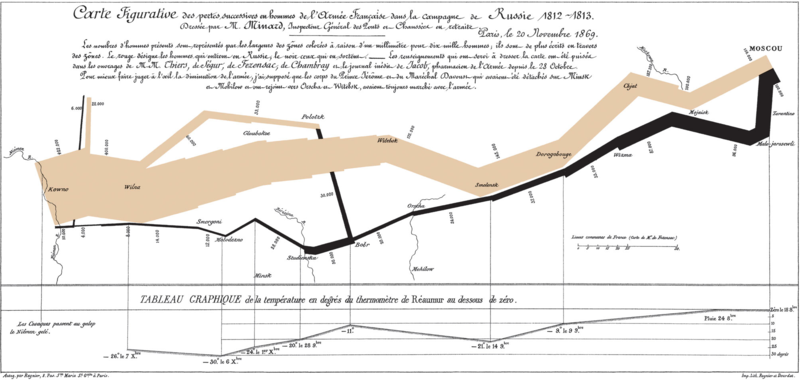Definition
Web 2.0 is an internet trend aimed at encouraging creativity, participation, collaboration and sharing amongst web users. The name Web 2.0 suggests a new refurbished version of the World Wide Web, however this is misleading as it does not refer to any specific update, but rather to a change in the ways the web is used. It relates to a second generation of web-based communities and hosted services such as:
- Social networking services; an online community focused on building online social networks for users who share similar interests and activities, or would like to explore the interests and activities of others.
- Wikis; software which enables users to easily create, edit and link we pages.
- Blogs; short for web-log, blogs are websites that can emulate diaries and journals, or function as a way of providing commentary or news on a particular subject. Entries are commonly displayed in reverse-order and may contain combinations of text, images and links to other blogs, web pages, and other media related to its topic. Blog types depend on media, eg. a blog comprising videos is called a vlog, a site containing a portfolio of sketches is called a sketchlog, a blog comprising photographs is called a photolog etc.
- Folksonomies; web-based methods of tagging intended for making a body of information increasingly easy to search, discover, and navigate over time. It has also been known as known as collaborative tagging, social classification, social indexing, and social tagging.
Examples
Social networking services:
-Myspace
-Friendster
-Orkut
-Bebo
-CyWorld
-Hi 5
-Livejournal
Wikis:
-Wikipedia
-WikiWikiWeb
-PeanutButterWiki
-Socialtext
-Wetpaint
-Wikiaz
Blogs:
-Vlog
-Linklog
-Sketchblog
-Photoblog
-Tumblelog
-Artlog
-Phlog
Folksonomies:
-Flickr
-Del.icio.us





